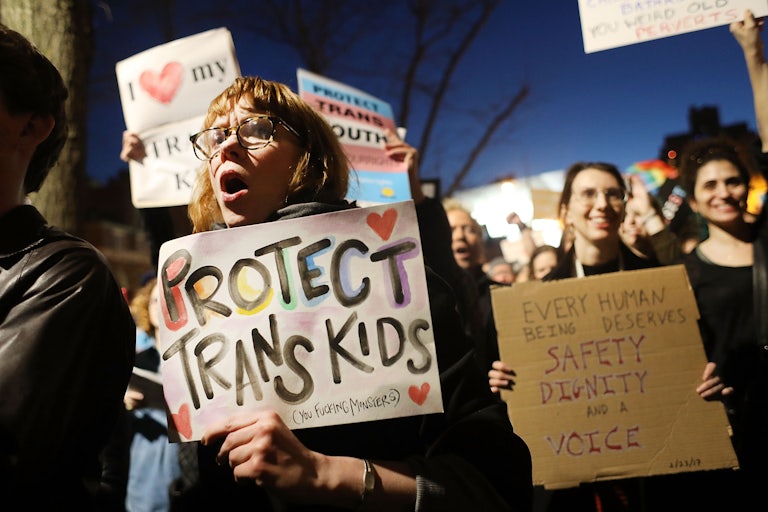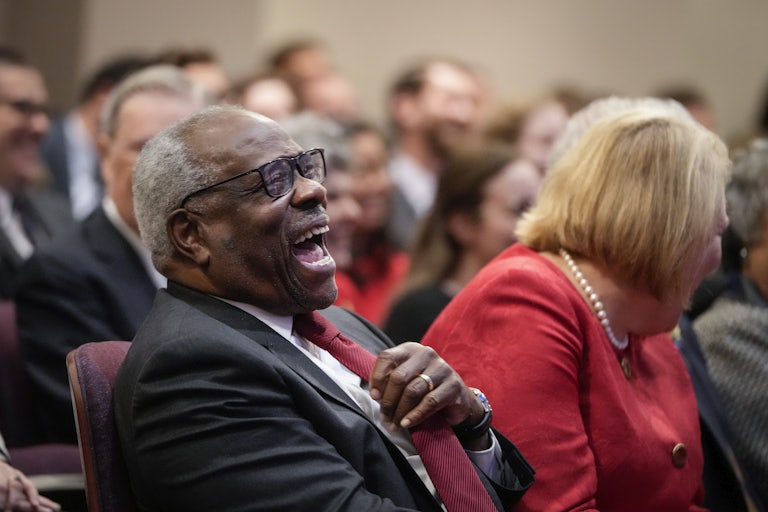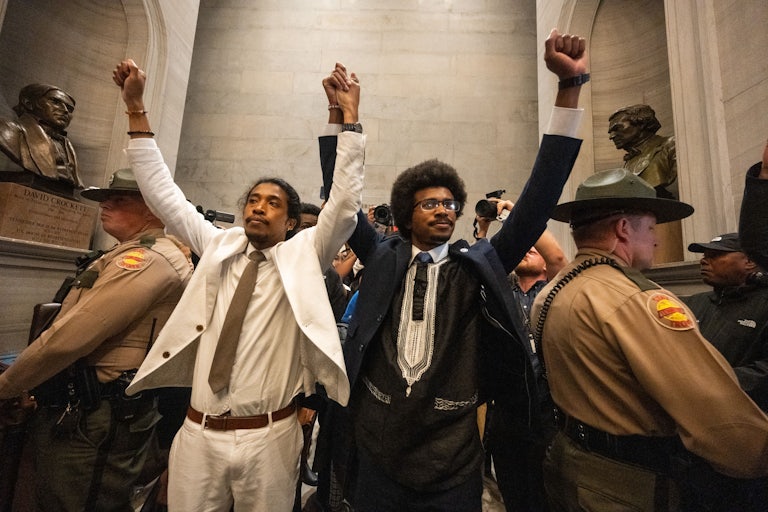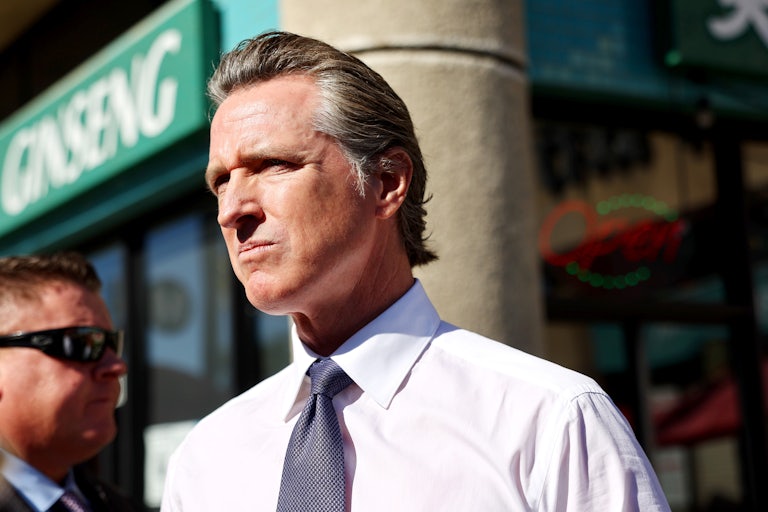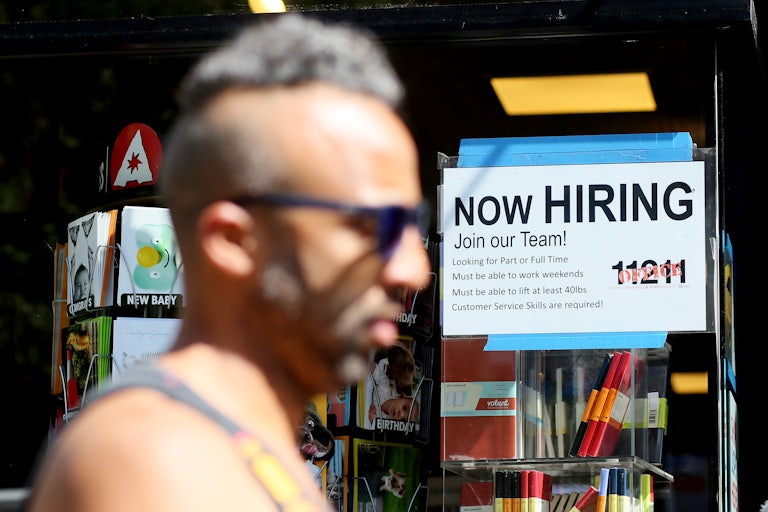A Completely Bogus Study Is at the Heart of the Ruling to Ban the Abortion Pill
The far-right Texas judge who cited the study in his ruling apparently didn’t care about where it came from.
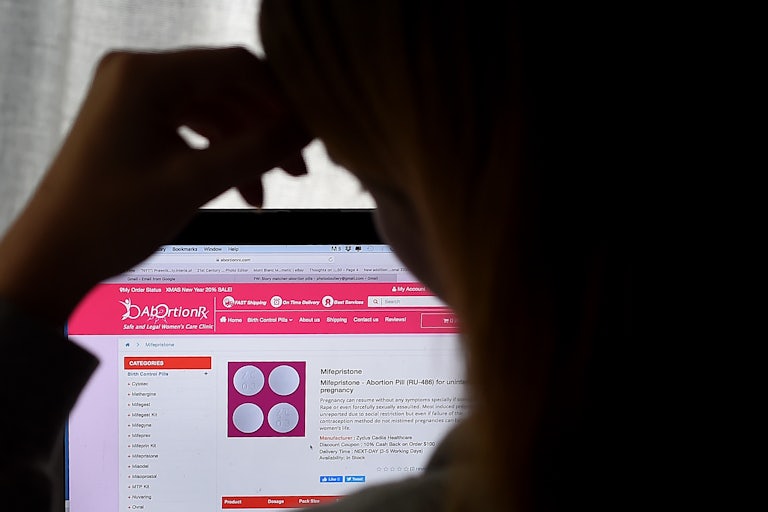
The bombshell ruling that could take abortion pills off the national market was based in part on a “study” of anonymous posts on an anti-abortion website.
Texas federal Judge Matthew Kacsmaryk ruled Friday that mifepristone, one of the medications used to induce an abortion, had been improperly approved and should be yanked from the U.S. market. Another judge has already filed a dueling injunction to keep the drug available.*
The lawsuit was filed in November by a coalition of anti-abortion groups and individuals, who specifically chose Kacsmaryk for his history of anti-abortion decisions, arguing that the Food and Drug Administration had improperly approved mifepristone for widespread use more than 20 years ago. More than 100 scientific studies show that mifepristone is safe.
In his ruling, Kacsmaryk cites a study that posits “fourteen percent of women and girls reported having received insufficient information” about the side effects of having an abortion. The study also says that “eighty-three percent of women report that chemical abortion ‘changed’ them—and seventy-seven percent of those women reported a negative change.”
That study analyzed anonymous posts on an anti-abortion website called “Abortion Changes You,” which runs a blog with stories from people who regret having abortions. The sample size is 98 blog posts, but the study authors only analyzed 54 posts and then just cherry-picked quotes from the rest.
“Perhaps this sample might not be reflective of the entire universe of women who have abortions?” suggested legal expert Adam Unikowsky, who clerked for Supreme Court Justice Antonin Scalia, in his Substack “Adam’s Legal Newsletter.”
“This is roughly like reporting a statistic that ‘83% of people are fans of Judge Kacsmaryk’ without mentioning that the entire sample consisted of posters on JudgeKacsmarykFanClub.com.”
What’s even more dangerous is the fact that both the website and the Institute of Reproductive Grief Care, the organization that runs the site, couch themselves in reasonable-sounding language. Founder Michaelene Fredenburg talks repeatedly about the need for a better support system for the men and women grieving pregnancy loss.
This is true. An abortion is a deeply personal choice, and it does not come without an emotional toll. There still seems to be a social taboo about discussing abortions and miscarriages, and people who experience them are often left without a network to support them.
But it should still be a choice. And one man has used a biased study to try to take that away.
* This story was updated to clarify the dueling injunction.


